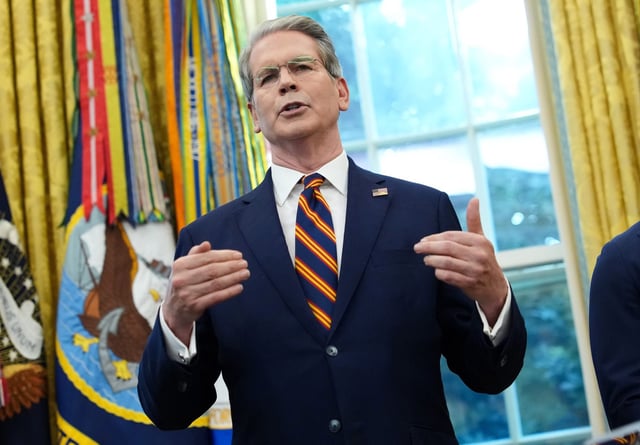Overview
- Treasury Secretary Scott Bessent said the government would have to refund about half of tariff collections if the Supreme Court upholds lower-court rulings against the IEEPA-based duties, with analysts estimating over $70 billion this year could be affected.
- The administration is exploring alternative authorities, including Section 232 and potentially Section 301, to preserve or reimpose tariffs if the IEEPA route fails, according to officials familiar with internal planning.
- The tariffs struck down by the Federal Circuit remain largely in effect until Oct. 14 under a court-ordered stay, keeping current rates in place during the appeals sprint.
- The government has asked the Supreme Court for expedited review, proposing a certiorari decision by Sept. 10 and arguments in early November; the small-business challengers and state co-plaintiffs agreed to the accelerated schedule.
- In a 7–4 en banc decision, the Federal Circuit concluded IEEPA does not authorize the 'reciprocal' or fentanyl-related 'trafficking' tariffs, while challengers told the justices the duties are inflicting severe, non-survivable economic harms.



